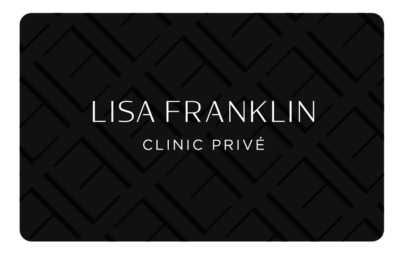Rosacea & Redness | Rosacea Treatment | Reduce Facial Redness
Medical Dermatology
BYONIK Laser Treatment
DERMALUX LED Light Therapy
Guide to Rosacea & Redness
Rosacea and persistent redness are common skin concerns caused by a combination of genetic, environmental, and lifestyle factors. Triggers and causes include:
Genetic Predisposition: A family history of rosacea increases susceptibility.
Skin Sensitivity: Compromised skin barriers make the skin more prone to inflammation and redness.
Environmental Factors: Sun exposure, wind, and extreme temperatures can aggravate redness.
Lifestyle Triggers: Hot drinks, spicy foods, alcohol, and stress are common triggers.
Vascular Reactivity: Overactive blood vessels can lead to persistent redness and flushing.
There are different types of rosacea and redness concerns, each requiring tailored treatments:
Erythematotelangiectatic Rosacea: Characterised by persistent redness and visible blood vessels.
Papulopustular Rosacea: Includes redness with acne-like breakouts, often mistaken for acne vulgaris.
• Phymatous Rosacea: Thickened skin, often around the nose, accompanied by redness.
Ocular Rosacea: Causes redness and irritation around the eyes.
General Redness or Flushing: Can be caused by conditions like sensitive skin, sun damage, or environmental factors.
Cuperosis refers to the appearance of visible, dilated capillaries (telangiectasia) on the skin, often on the cheeks and nose. It is a vascular condition that primarily affects sensitive or redness-prone skin. While cuperosis is a milder concern than rosacea, it can progress to rosacea if not managed effectively. Key differences include:
Cuperosis: Focuses on visible capillaries and mild redness. It does not include acne-like breakouts or skin thickening.
Rosacea: A chronic skin condition that includes redness, inflammation, acne-like pustules, and sometimes thickened skin.
Vascular Lasers: Specifically target visible blood vessels to reduce redness and flushing.
Byonik Pulse-Triggered Laser: This gentle laser repairs skin at a cellular level, reducing inflammation, strengthening the skin barrier, and soothing redness.
Red Light Therapy: Calms inflamed skin, reduces redness, and promotes healing. Near-Infrared Light: Soothes skin sensitivity and boosts resilience over time.
For moderate to severe rosacea, medical dermatology provides targeted solutions:
Prescription Medications: Topical creams (e.g., metronidazole, azelaic acid) or oral medications (e.g., doxycycline) help manage inflammation and bacterial overgrowth.
Laser-Assisted Treatment: Used alongside medications to achieve more significant improvements.
Professional Guidance: Dermatologists can create a long-term care plan to manage flare-ups effectively.
Treating rosacea and redness requires a comprehensive approach that combines targeted treatments, skincare, and lifestyle adjustments. Consulting a professional ensures that the plan is tailored to your skin’s unique needs.
At Lisa Franklin, we take pride in offering personalised solutions to help you achieve calm, clear, and even-toned skin. Whether you’re seeking advanced treatments or professional skincare advice, our team is here to guide you on your journey.
Save + Benefit
CLINIC PRIVÉ MEMBERSHIP
Save money on your regular treatments and enjoy exclusive privileges too.















